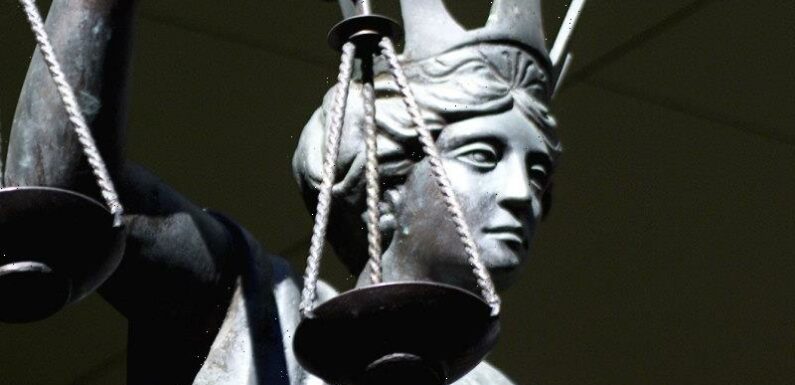
For those of us fortunate enough to have a home, it is supposed to be our private sanctuary. It is where we live, love, laugh, grow, cry, eat, sleep, raise our kids and look after our pets.
We are meant to feel safe in our home. All sorts of things go on in the big wide world – some good, some not so good. We may have issues at work that are frustrating and downright annoying. We may have had an argument with someone at the supermarket or a sad visit to a relative in a nursing home, but when we get home we are meant to feel safe.
The criminal justice system should include processes of restorative justice for victims.
We can finally take a deep breath and relax.
Recently, my sanctuary was invaded. It was about 1am and my family were in the house. I had just returned from hospital after knee surgery and was asleep, feeling a little worse for wear from the operation. My wife and children and pets were also asleep.
Four young men had tried to break into my neighbour’s house but were unable to get over his front gate. He had CCTV installed, which captured the event. They then came to our house, found a spare key in a tin under a bush that was there for the children, came in the front door, grabbed our car keys and stole my car.
On waking the next morning and realising what had happened, I was flooded with a range of emotions.
I felt violated and angry, of course. I also felt frightened for my family and even a bit guilty that I had slept through the event because I was on painkillers. I wanted these people caught and punished for invading our private space and stealing my car.
The police were called and acted quickly and efficiently. Fingerprints were taken and CCTV footage observed. The car was found within days. It had been crashed, written off and dumped with number plates removed.
As time has passed since the horrifying incident, my emotions have changed. The initial anger was exacerbated by the necessary but time-consuming dealings with police, locksmiths, insurance companies, car dealers and VicRoads.
My anger subsided somewhat when the police advised me that several people had been arrested for the incident and would face court in coming months. I felt somewhat relieved but, perhaps surprisingly, a little intrigued.
I wanted to know what had motivated these people to do what they did. Why my house? I wanted to explain to them the trauma they had inflicted on my wife and kids that night. I wanted them to know that in stealing and trashing my car they also stole some beautiful music that was on a CD put together to celebrate my late brother’s life. The wonderful words of Paul Kelly’s Meet Me in the Middle of the Air and, of course, He Ain’t Heavy, He’s My Brother by The Hollies. It might be a little thing, but this music enriched me with fond memories of my late brother Matt.
I understand, of course, that they will be dealt with via our legal processes. Unfortunately, as a former lawmaker and a victim of an alleged crime, I know that such legal processes often do not meet the needs of victims. Recent inquiries into victims’ experiences of criminal prosecutions in Victoria have highlighted that some victims come away feeling dissatisfied and, in some cases, retraumatised.
Put simply, the adversarial nature of our justice system has not been designed to meet victims’ individual justice needs and cannot meet the range of needs that victims have. The core function of a criminal prosecution is to determine questions such as whether a crime has been committed, whether an accused person is guilty and, if so, what sentence is appropriate. Processes of the criminal justice system are not primarily intended to address victims’ needs.
Such diverse needs, including those of my family, would be better met by the addition of restorative justice measures to the existing “one-size-fits-all” criminal processes.
Restorative justice focuses on the harm caused by crime and wrongdoing to people, relationships and community. It provides a framework for addressing and preventing harm that moves beyond punishment and towards healing. It may involve a facilitated conference between victim and perpetrator to talk about the harm caused and how it can be repaired or addressed.
I am still a little distressed at what happened on that awful night, but I am emboldened to keep advocating for restorative justice options to be embedded in our justice system to better meet the needs of victims.
There is a better way, and in my particular case, if the time comes, I’m up for it.
Rob Hulls is the director of the Centre for Innovative Justice at RMIT University and a former attorney-general of Victoria.
Most Viewed in National
From our partners
Source: Read Full Article
